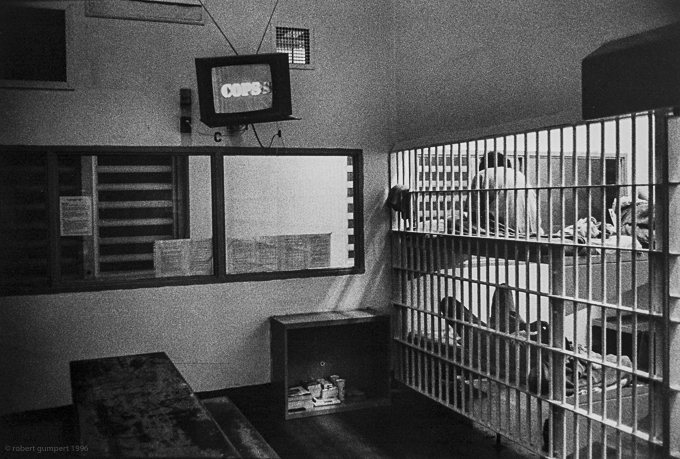“It was imagination that I set aside”
By Michael Marcum

Ever since my prison days I have been a prison abolitionist. I quickly learned that people were not cut out to cage others or be caged; it destroyed both. I wanted, and still do, a world that did not require cages. Initially I lacked the imagination to apply the same perspective to policing, the profession with more power over a citizen’s liberty than the courts or various branches of government. To tame the word a bit, abolition simply means starting over, creating a society and social contract free of white supremacy—something we have never managed to do. Acknowledge our history, once and for all, and apologize and develop means to atone, with a clean social contract. It begins with imagination. And it was an imagination that I set aside during my 40 year professional career of correctional reform. My focus was on humane conditions of imprisonment, and opportunity for those released back into our communities.
After my violent years in prison, I worked for almost 40 years under two Sheriffs—several years for Richard Hongisto, and then for 32 years for Sheriff Mike Hennessey. We were committed to reform, and we accomplished much. However, while our budgets ballooned, prisons multiplied and police fortified, we “defunded” education, infrastructure, health care, and all manner of safety nets. Perhaps a relationship? I missed the forest for the trees. And the reform? Fragile.
“Defund the police” means to take a fresh look at why we have created policing that mirrors mass incarceration. Back in the 90’s when Clinton was sending surplus war material to police and sheriffs, departments all over the country received armored personnel carriers, riot gear, CS weapons, the works. A “warrior culture”, already incipient, grew quickly. Our guys (SF deputies) wanted to change from khaki to black uniforms. Seemed innocent enough at the time. In hindsight, the color change was not so innocent. Then the competitive olympics between departments became exercises that resembled war games. Police unions became power players in both political parties; virtually untouchable.
Abolition moved our country forward, saved our country, once before: From John Brown to Frederick Douglass to Lincoln we kept alive the forces that yearn to be free.
Defund the police is a process of reflection and accountability and redistribution of resources. Until we have national leadership—currently absent—it will play out in various cities and states. I believe much progress will be had, just not easily. It does not mean no police effective tomorrow. It means take control of our resources and apply them sensibly. And we have a lot to undo. Much of that is entwined with our treatment, since our founding, of people of color—that has to be the starting point. Germany pulled it off after Hitler; South Africa pulled it off after apartheid. Fine role models for the United States. Acknowledge, atone, repair.
…



